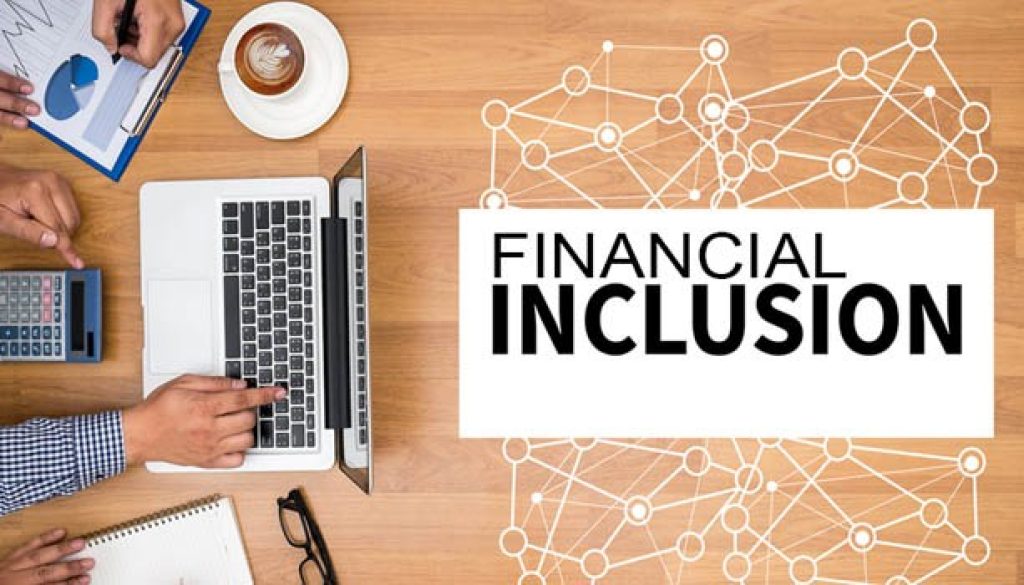“Discover how direct cash transfers are revolutionizing poverty alleviation and financial inclusion, offering bankers and financiers a strategic opportunity to drive sustainable growth and make a tangible difference in communities worldwide.”
In our quest for global development, one challenge emerges large: extreme poverty. Despite steps forward, over 700 million individuals still cope with surviving on less than $2.15 a day. This sad reality demands innovative solutions that can swiftly propel us towards our goal of eradicating extreme poverty by 2030. Among these solutions, direct cash transfers stand out as a powerful tool for promoting financial inclusion and empowering marginalized communities worldwide.
The concept of direct cash transfers is straightforward: providing financial assistance directly to those in need. While this idea isn’t new, its potential impact is vast and scalable. During crises like the recent COVID-19 pandemic, cash aid has been a lifeline for millions, with one in six people globally receiving some form of cash assistance. This highlights the crucial role of direct transfers in providing immediate relief and fostering resilience in times of need.
Research from numerous studies reinforces the effectiveness of cash transfers in lifting households out of poverty. These transfers not only boost incomes but also lead to tangible improvements in education, health, and entrepreneurship. Importantly, they do not discourage work or lead to increased spending on harmful substances. Instead, they empower individuals to make meaningful choices and invest in their futures.
The rise of digital technology has transformed the delivery of cash transfers, making them more efficient and accessible than ever before. Innovations in mobile banking and digital identification systems have significantly reduced transaction costs and expanded the reach of cash transfers to even the most remote communities. For example, Togo’s Novissi program utilized mobile phone data to distribute $34 million to nearly a million beneficiaries during the pandemic, demonstrating the potential of technology to reach those in need.
Building on these successes, there is a compelling case for establishing a dedicated global fund focused on direct cash transfers to eradicate extreme poverty. This fund, similar to initiatives like the Global Fund to Fight AIDS, Tuberculosis, and Malaria, would mobilize resources from various sources to scale up cash transfer programs worldwide. By complementing existing interventions, such as education and healthcare, cash transfers can address the immediate needs of the poor while laying the foundation for long-term progress.
For bankers and financiers, embracing direct cash transfers offers both opportunities and challenges. On the one hand, it presents a chance to drive financial inclusion by extending banking services to underserved populations. As individuals gain access to digital payment platforms, they become integrated into the formal financial system, thereby expanding the customer base for banks and financial institutions.
Moreover, direct cash transfers have the potential to stimulate economic activity and foster local development. Every dollar transferred has a multiplier effect, injecting vitality into communities and creating opportunities for entrepreneurship and job creation. By partnering with governments and other stakeholders, banks can play a pivotal role in facilitating the efficient delivery of cash transfers and maximizing their impact on the ground.
In the Arab world, where financial inclusion remains a pressing issue, the adoption of direct cash transfers could be a game-changer. With a young and tech-savvy population, the region is well-positioned to leverage digital innovations for poverty alleviation and economic empowerment. By collaborating with governments and international organizations, Arab banks can leverage their expertise and infrastructure to expand access to financial services and drive inclusive growth.
In conclusion, direct cash transfers offer a promising pathway to tackle extreme poverty and promote financial inclusion on a global scale. By harnessing the power of technology and mobilizing resources effectively, we can make meaningful strides towards building a more equitable and prosperous world. For bankers and financiers, embracing this approach presents an opportunity to drive positive change and contribute to sustainable development in their communities and beyond. As we chart our course towards a more inclusive future, let us seize the opportunity to make a difference in the lives of millions around the world.



